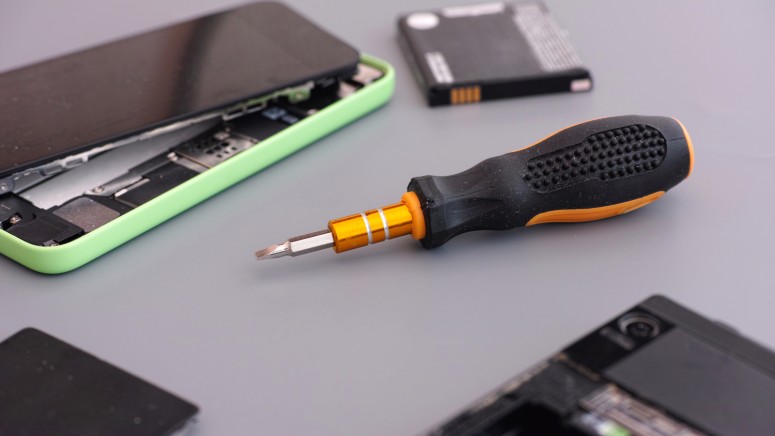
The EU Plans a Law that Will Make Smartphone Batteries Replaceable
- The EU wants to reduce e-waste and the mindless smartphone replacing trend, so they want to make batteries replaceable.
- Smartphones could become less sexy and bulkier again, at least in their European versions.
- Replacing the battery breathes new life into an older device, and keeps its value depreciation in check.
After shaking the world of smartphone manufacturing by voting for a universal charger, the EU Parliament is now shifting its focus on smartphone batteries. Based on the same logic of reducing the burden in the environment as well as to protect consumers from having to replace their products too often, the EU may soon make it mandatory for smartphone manufacturers to make the batteries of their devices easier to replace. This information comes from a leaked EU proposal that could appear for consideration and voting soon.
If this proposal passes, it will affect virtually all smartphone manufacturers, who will have to prepare EU-editions for their devices. The practice of making the batteries non-replaceable has enabled manufacturers to put them in pouches, hidden deep inside the smartphone’s guts. This made the devices a lot thinner, as the batteries didn’t need a plastic enclosure anymore. Moreover, it generally increased the capacitance for the same volume, and protected the interiors of the phones by not having users taking things in and out all the time. However, non-removable batteries come with a set of disadvantages that are troubling consumers and their protection agencies.
Firstly, they cannot be replaced, or cost way too much to replace. Considering that a modern Li-Po battery will last for about three years, and a Li-Ion for five, a smartphone that would otherwise last up to 20 years sees its service life cut down to one fourth or less. Moreover, and because these batteries are only good for approximately 500 discharge/charge cycles, the resale value of the devices diminishes quickly. All of this causes products to depreciate rapidly, and trap consumers in a cycle of recurring purchases of products that are qualitatively similar. Add to this the fact that nothing on smartphones was designed to get easily recycled, and our big planned-obsolescence problem becomes evident.
The leaked report expects that the adoption of USB-C ports coupled with replaceable batteries will reduce the generation of e-waste considerably. Moreover, the draft expects repair shops to thrive in this new environment, creating new jobs and economic activity. Finally, there’s also the possibility of banning the practice of destructing unsold items in the EU, and instead, send them directly to re-use and raw material or parts extraction facilities.






